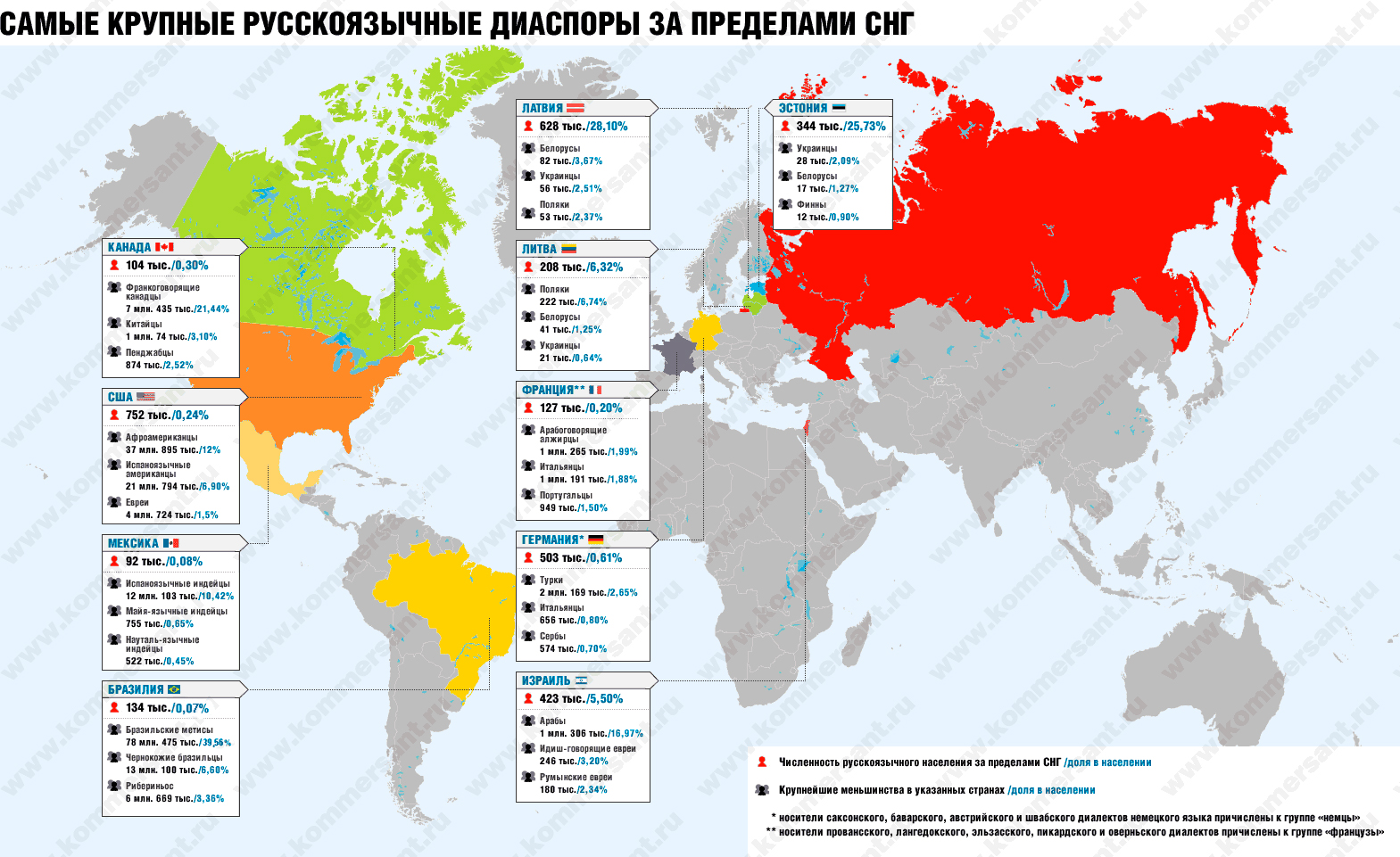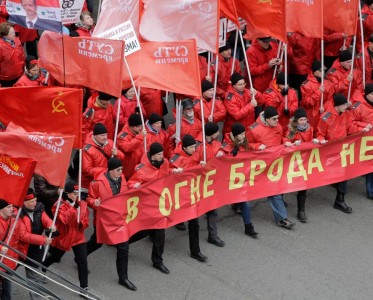Russian embassies and other organizations Moscow has set up ostensibly to promote Russian ideas are actually working to transform Russian diasporas into obedient political weapons against the West and are treating them in ways that recall Soviet times, according to the head of the Russian compatriots organization in the Netherlands.
Russian diplomats and officials are doing so, Grigory Pasternak and others in the Russian community abroad say, by imposing a very limited definition of what is Russian. “If you don’t agree with Kremlin policies,” they suggest, it is very difficult to be involved “in the dissemination of Russian culture abroad.”
For the last decade, he told Radio Liberty’s Sofya Korniyenko, he and his wife Olga Shterenshis have “been involved in popularizing the Russian language and Russian culture” among the Dutch. But now “it turns out that a representative of the Russian embassy in the Netherlands considers this destructive activity.”
The situation has deteriorated since the start of the war in Ukraine, Pasternak and Shterenshis say. Various Facebook pages are being set up for “Russians in …” and only those who toe the Kremlin line are able to remain in them for more than a few days. The others are unfriended or leave in disgust, the two say.
Throughout Europe, they say, Russian diplomats talk about supporting Russian language and culture, but they have little money to do so and aren’t willing to be transparent about where what money they do have is going, allowing embassies to give it to Putin loyalists even if they don’t know Russian rather than to Russian activists.
Such an approach recalls that of Soviet diplomats, and Pasternak says that there are other ways in which Moscow’s work with the diaspora do as well. When he was sent to the World Congress of Compatriots in St. Petersburg, he says, the embassy gave him “instructions” about what he was to do and not do while there. Because he ignored them, he was blacklisted.
Moreover, he continues, Russian officials and the Russian media openly lie about the diaspora, talking about “hundreds” of participants in events which attracted only a handful and being careful to report only the words of those who support whatever Moscow is doing rather than provide a survey of all the opinions within the diaspora.
And perhaps most seriously and again just as in Soviet times, Russian embassies abroad and Moscow organizations supposedly intended to help them are busily involved in creating “pseudo-organizations, with pseudo-experts, pseudo-lawyers, and pseudo-journalists” who the Russian authorities then use to isolate other points of view while promoting their own.
The situation has deteriorated since the start of the war in Ukraine, Pasternak and Shterenshis say. Various Facebook pages are being set up for “Russians in …” and only those who toe the Kremlin line are able to remain in them for more than a few days. The others are unfriended or leave in disgust, the two say.
Moreover, apparently at the behest of the Russian embassies, strange people are appearing who say they want to work with the diaspora. Often they don’t know Russian, and in one case, the individual sparked suspicions when he gave first one name and then another. Apparently, that person has concluded that he can make a career by being pro-Putin.
Some Russians living in Europe have been taken in, but not all, the two say; and they point to a recent case which shows just how incompetently if fervently Moscow’s agents are pursuing this agenda. Not long ago, the embassy announced that it was opening “a hot line” for any Russian being subjected to discrimination.
What was strange they say for an effort nominally directed at Russians abroad was that the announcement was made in English, hardly the language one would reasonably expect if the problems were as Moscow has presented them.









